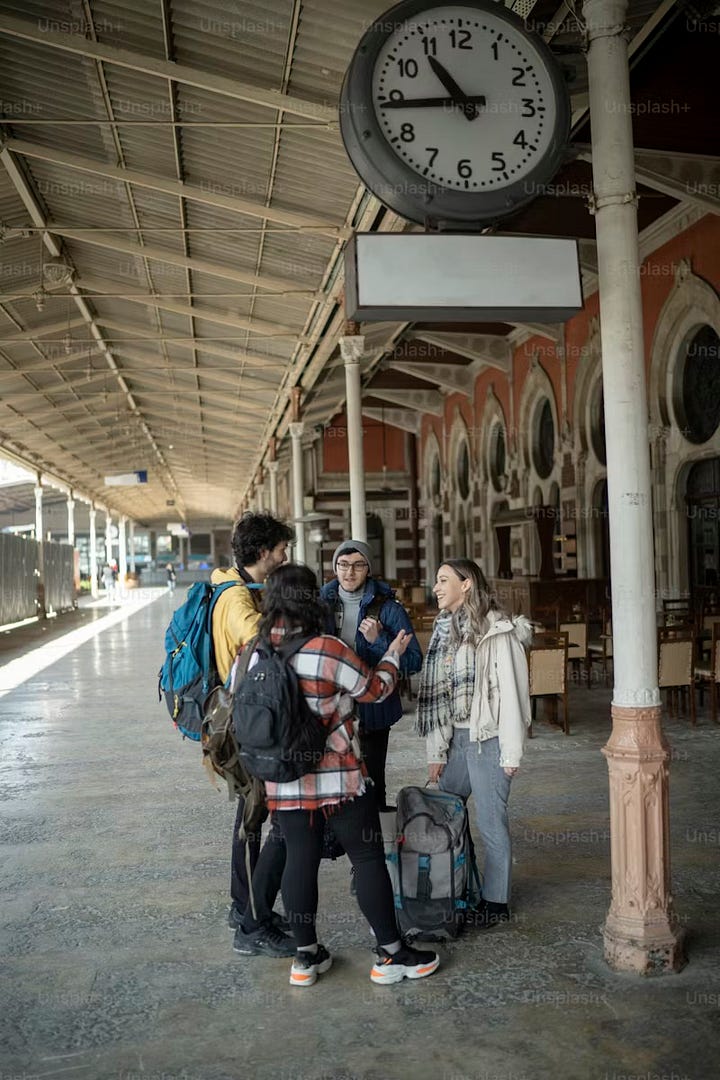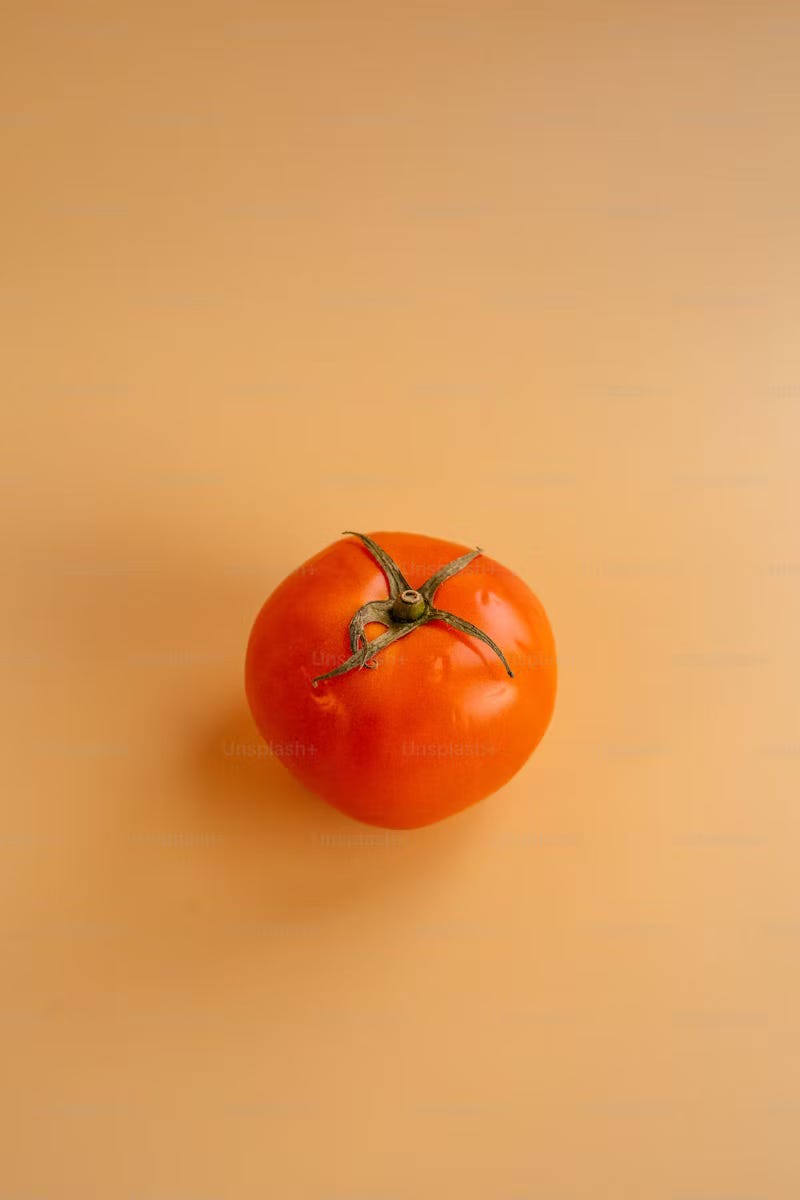I had the pleasure of attending some sessions in the Jersey Festival of Words a couple of weeks ago, and one of the workshops was ‘Writing and Swimming to Feel Better’ with Cathy Rentzenbrick at the Lido. The intention was to do the workshop and then swim, but was drizzling, windy and cold and I had the perfect excuse of ‘just getting over a cold, sorry’. Lots of women did brave the foul weather so my sloping off wasn’t noticed. My friend and I went to Waterstones and then on for a cup of tea.
Back to the inspirational workshop; Cathy gave us some very simple, quick exercises that had profound results in terms of removing barriers to writing, while giving some examples of people who may have put us off writing in earlier life. I don’t remember the entire list because when she said ‘nuns’, I was 10 years old again at primary school in Oxford being taught by nuns and recalling an incident that put me off writing for years.


We were going on a school trip to Birmingham to a vocation exhibition, whereby we would be able to talk to nuns and priests about their work, and then presumably decide at the age of 10, whether or not we had a vocation. A bizarre concept, looking back. We went on a train, a first time treat for me, coming from Jersey where there were no trains. Even the smell of the station was exciting and I wished I was old enough to go into the station buffet, with its steamed up windows and commercial travellers in trilbies, nursing whiskies, and staring out at us gloomily. It was back in the days of steam with carriages that took eight passengers and had a corridor at the side. The nuns patrolled the corridor to ensure we didn’t ‘get up to anything’, and to escort the more excitable ones to the toilet, (but not while the train was standing at the station).
We had been told to take packed lunches and at some point in the journey were instructed to eat. Most of us had the regulation sandwiches, mine would have been beef paste or sandwich spread I should think, the usual fare in my lunch box. The girl next to me had a big fat tomato and just as she took a bite, the train went into a tunnel. In those days we didn’t have the luxury of lights in carriages in the daytime, so when the train entered a tunnel without warning, we were plunged into darkness and we all screamed almost involuntarily.
The messy result of the girl’s tomato plunging into the tunnel, is that in her fright she squeezed it. When we emerged, it was to see her covered in pips and juice, as was I sitting next to her. We howled with laughter until hysterical and needing a wee. The nuns were not thrilled to have to clean us up and told us in no uncertain terms that if we didn’t ‘stop our nonsense’, we would be put into left luggage at Birmingham station and left there until it was time to catch the train back.
The exhibition was tedious by comparison; I don’t remember much about it. We walked around stalls with nuns, priests and monks giving us a spiel about saving babies for Jesus in darkest Africa. Indoctrinated Catholics though we undoubtably were, most of us still wondered why anyone would bother going through the discomfort of living in the jungle just to save a few souls.
After a largely uneventful journey back to Oxford, (the only lively moment being when my yoyo was confiscated while I was demonstrating ‘Walking the Dog’,) my totally disinterested father took me home in time for tea. The next day we were told that we had to write an essay on our impressions of the visit and there would be a prize for the best. How exciting! I thought about it and even at a day’s distance I couldn’t remember much about the actual exhibition, so I wrote about the best bits of the day, which were the train station and the journey, and, especially in forensic detail, the tomato in the tunnel incident.
A couple of weeks later the winner was announced in class. The nun called me out to the front of the class. I was blushing. I hadn’t been at the school long and here I was winning a competition. The nun told me to face the class and said ‘This is a girl who has wasted her time writing an essay that wasn’t what I asked for. When I asked for an essay on the vocation exhibition, I required you to write about the good works undertaken by the priests and nuns. Susan wrote an essay on the train journey, which was totally irrelevant, so let that be a lesson. Listen to what I say and do as I ask in future. Go and sit down please.’
If I was blushing before, my cheeks were scarlet as I went back to my desk, accompanied by the sniggering of most of the class. I wanted to cry but wouldn’t allow her the satisfaction of seeing me humiliated. Instead, I resorted to the role I always took at a new school, (I eventually went to seven schools), and played the class clown, gurning at my classmates as the winner was announced. I didn’t write for pleasure for years after that.
Until Cathy cited nuns in her workshop this weekend, I thought that was an isolated incident that had only happened to me. Of course it wasn’t. Thinking back, our reading and cinema going was confined to the lists of permitted books and films published weekly in The Catholic Herald. Any reading or viewing outside these parameters would be thought dangerous for our young minds. We were daily being warned to guard against impure thoughts, (even though at 10 we didn’t have a clue what they were), so any deviation from ‘the list’ presented as danger.
I realise now that the nuns considered that the major part of their duties was to control our thoughts in order to protect us against perceived impurity around every corner, and if our writing went off-piste like mine had done, then to their minds I was out of control. We were not allowed to use our imaginations or leave the tramlines set out for us as that would lead us into temptation and probable sin. Fortunately, my parents weren’t restrictive (looking after four kids Mum had no time and Dad was never there), so I was allowed to choose whatever I wanted in the library, but not allowed into the adult section, which was what I wanted most of all. I had to wait until I was 13 years old to access James Bond and the Arthur Haley series, both of which were absent from the approved list, I was delighted to note.
Many thanks to Cathy Rentzenbrick www.cathyreadsbooks.com who gave me the idea for this month’s newsletter. I was inspired and enthused by her workshop.
§§§§§§§§§§§§
I’ve read
The Love Songs of W.E.B Du Bois by Honorée Fanonne Jeffers 2021. Almost impossible to sum up this staggering saga of a book in a few sentences, but I’ll give it a go. In 790 pages we get a sprawling family saga, beautifully written, a first novel by a poet, charting more than 200 years of Black and Indigenous history, mainly through the eyes of the women. From the slavery of the 1700s through the emancipation and further oppression, to the feminism of the 1980/90s, it dives backwards and forwards with different POVs, and comes together in the end. There were so many characters in this extended family through the years, I admit to being lost a few times when it went back or forward. However if you are reading the actual book, there is a family list at the start. Not as convenient on a Kindle and I forgot it was there. It’s a fabulous testament to the resilience of Black and Indigenous peoples. Should be required reading in schools.
How To Feel Better by Cathy Rentzenbrink. Non-fiction. I went to a book festival and got carried away with myself, bought stuff I would never normally read. My TBR list is HUGE now. I started with this one because a) it’s short and b) I greatly admire Cathy R. I’m glad I did because although I’m not grieving for anyone at this moment, I have been in the past and it would've helped. It also gives me an insight into how debilitating a condition depression is. For those of us who have a few ‘down’ days and claim it to be depression it isn't, nowhere near. In this slim volume Cathy not only explains how it affects her, but gives us strategies for managing it. Enlightening.
Ordinary Time by Cathy Rentzenbrink. I’m not actually obsessed by CR, it’s just that I went to a few of her sessions at the book festival and was seduced into buying a book from each one! This, her second novel, is about a reluctant vicar's wife who experiences an extraordinary time during the part of the church calendar called Ordinary Time, (defined as the period between Pentecost and Advent). This is a highly relatable story for any woman with a less than attentive husband, who’s left with all the housework, childminding, and in Ann’s case, being expected to pander to parishioners invading her space day and night. It's a beautifully detailed story told from Ann’s point to view. I hoped for a different ending but the ending is perfectly logical and I understood her priorities. A page turner, funny and tender.
I’ve listened to
The Little House by Philippa Gregory. I usually confine myself to this author’s historical novels, and I don’t know why I chose this, but i’m glad I did! It’s a tightly plotted psychological thriller with a great ending. I must admit I was very fed up with the heroine’s downward spiral part way through, but I persevered and was rewarded.
Long Island by Colm Tóibin. This is the sequel to Brooklyn and I had heard both books, albeit abridged versions, on Radio4 earlier this year. It’s a wonderful story that gave me cause to shout at the reader a lot as the characters made decisions I didn’t agree with. It’s read by the glorious Jessie Buckley and she gave each character a distinct voice, no mean feat as there are a lot of them. I loved it and I’m hoping the author has left room for another one as I would love to know what the fallout is from the actions of the three main characters.
Many thanks for reading or listening or both. I’m sending this a bit early this month, because i’m going to the UK in a few days time to celebrate my grandson’s eleventh birthday, and to meet London Writers Salon zoom chums. Very excited!






Sue Du Feu, Weaver of Words, again pulling me into the threads of your life's tapestry. How relieved I am that the nun didn't win and your stories continue for all of us to enjoy! Cheers to dark tunnels and juicy tomatoes!! xx
I really enjoyed reading this Sue. I’m glad the nun never stopped you writing. You created such vivid imagery that I imagined eating that tomato myself and being plunged into darkness!
I’ve had 2 teachers criticise my writing - once by my French teacher. I was dreadful at French when I began my studies for French GCSE, a D grader at best. So awful was I that the French teacher (whom we all feared) once exclaimed ‘if this is what your French is like, goodness knows what your English is like?!’ English was the next lesson in the timetable that day and my favourite subject of all. I felt I really excelled in English. So holding my heart in the pit of my stomach, I sat through my English lesson while we studied ‘Catcher in the rye’ wondering to myself ‘why bother at all?’. This thought made me cry silently during the lesson which our English teacher noticed. She asked me to stay behind after the lesson and spoke to me gently. When she realised the reason behind the tears she was visibly shocked and surprised. The whole saga ended with my French teacher apologising to me after which all was well with my French and English lessons. I achieved A grades in both.
The second criticism came a few years later during my PhD in biochemistry. My supervisor said to me one day in no uncertain terms ‘you shouldn’t write the way you do. It makes you sound…. simple’. I spent the next few years not understanding how to write in a scientific manner and finding the whole thing very dull, lifeless and dead in comparison to how I wanted to write. Scientific writing bores me to this day and I’m not going to learn to write that way! Writing should not really have to be tamed.